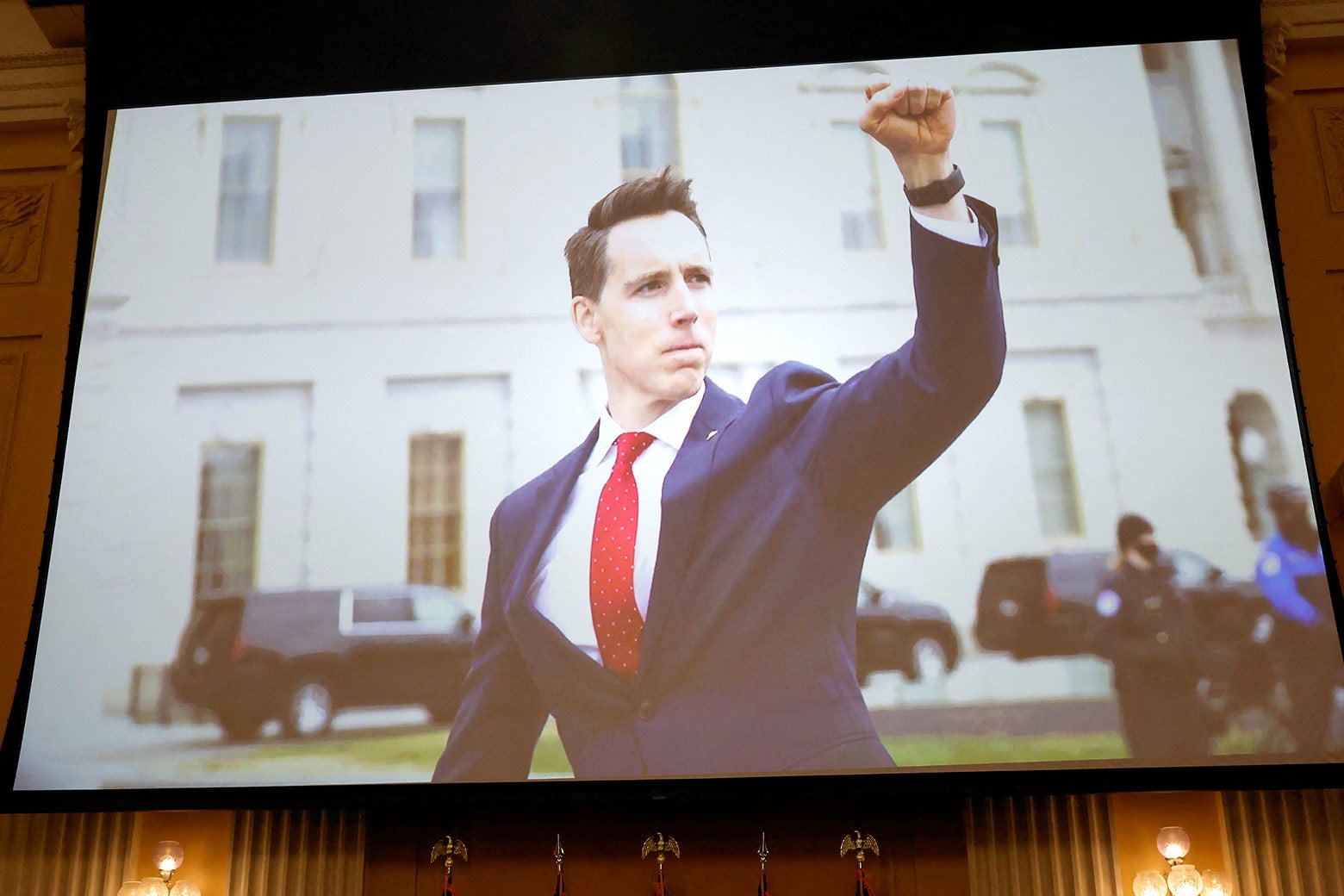Politics
Hawley’s Role in the January 6, 2025 Events

In the upcoming showdown of Trump versus Harris in the 2024 election, a significant concern looms over the so-called Josh Hawley issue and the aftermath of January 6, 2025. As the clock ticks down to Election Day, the landscape appears precariously uncertain. Legal expert Matthew Seligman’s recent discussions highlight the ominous scenarios that might unfold as we approach November 5.
Seligman’s primary anxiety centers on the Electoral Count Reform Act, a law enacted in late 2022 that made substantial improvements over the outdated Electoral Count Act of 1887. This new legislation aims to clarify how Congress processes electoral votes. Previously, the system was riddled with ambiguities, allowing for the potential manipulation of results. The reforms aim to diminish the power of governors to alter election outcomes and complicate Congress’s ability to reject the certification of electoral votes.
However, while some aspects of the reform enhance the process, Seligman points out a critical flaw: the introduction of hard deadlines. Previously, governors had soft deadlines to certify electors, which could provide flexibility in case of recounts or disputes. The new law imposes strict timelines, meaning if a governor does not certify electors by December 17, the state risks having no electors represented. This presents a precarious situation, especially during protracted legal battles or recounts, where states could potentially find themselves unable to present valid electors.
The unfolding scenario raises questions: if certification becomes impossible due to legal challenges and delays, could there be no legitimate electors to count? Seligman also explores the darker possibility of Congress ignoring the rules established by the ECRA, leading to a constitutional crisis. This dilemma hinges on whether the courts would intervene if Congress outright disregards their obligations under the law.
This brings us to the heart of the matter: the actions and mindset of individuals like Josh Hawley. Seligman critiques Hawley’s conduct on January 6, labeling it as dangerously lawless. He emphasizes that Hawley, being a former law professor with an in-depth understanding of constitutional protocols, should have known better than to contest electoral results that fall outside Congress’s jurisdiction. His behavior during that pivotal moment illustrates a broader trend where legal obligations are cast aside in favor of political theatrics.
As we gauge the rhetoric of key political players like J.D. Vance, who has questioned the legitimacy of Mike Pence’s actions on January 6, the seriousness of disregarding the rule of law becomes evident. Vance’s remarks suggest a willingness to entertain baseless claims about election integrity, further entrenching a climate where adherence to lawful electoral procedures could be compromised in favor of political narratives and opinion.
The overarching concern lies in the potential normalization of legal violations in the pursuit of political objectives. Maintaining the integrity of democratic processes necessitates unwavering adherence to the law, ensuring that the outcome of elections is not subjected to ideological debates but rather rooted in an established legal framework.
While we hope for a peaceful transition of power following the 2024 presidential election, the undercurrents of political movements that resist lawful governance pose a significant threat. This situation calls for vigilance against a political ethos that prioritizes power over the principles that underpin democracy, signaling a need for renewed commitment to the rule of law in these tumultuous times.
